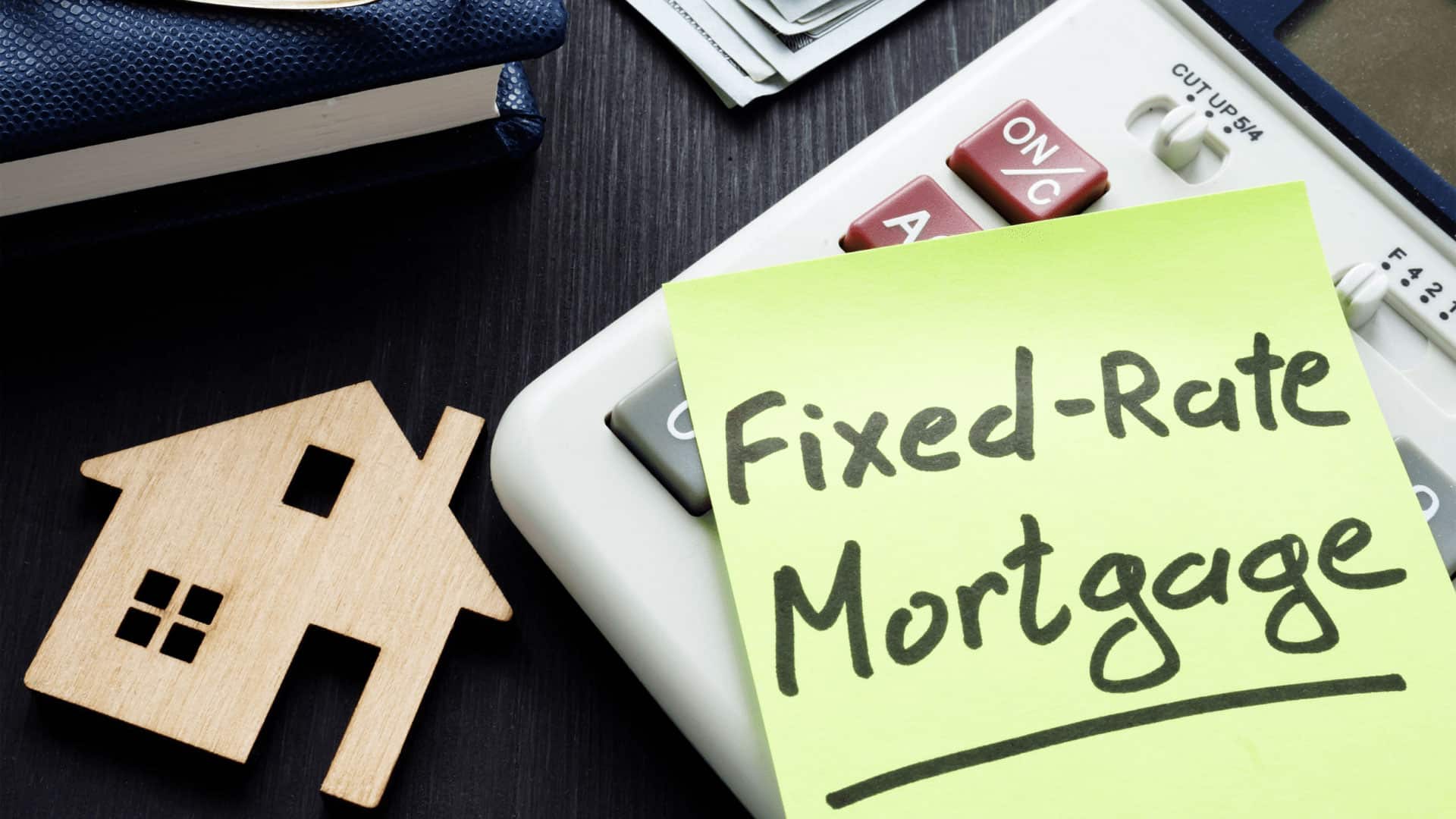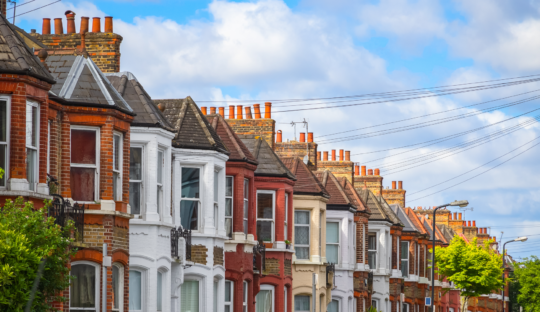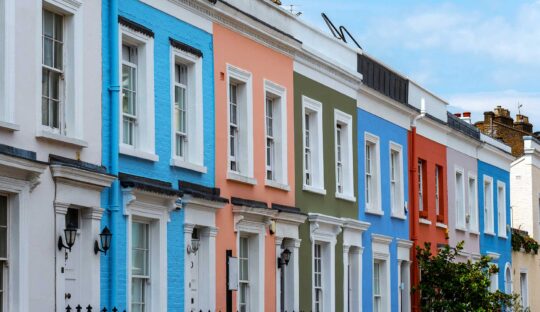In this article
A fixed rate mortgage is a type of home loan where the interest rate remains constant throughout the agreed mortgage term.
This offers borrowers a sense of stability, as their monthly payments remain predictable, regardless of changes in market interest rates.
This is one of the most popular mortgage types for first time buyers, offering peace of mind and allowing you to budget more effectively.
Whether you’re buying your first home, moving house, or remortgaging, a fixed rate mortgage could be a great option.
Fixed Rate Mortgages
Explained in 1 min 27 seconds
Find more videos like this on MoneymanTV
How Does a Fixed Rate Mortgage Work?
When you take out a fixed rate mortgage, you agree on an interest rate with the lender that stays the same for a set period of time, often between two to five years, though it can be longer.
This means that even if the Bank of England base rate rises or falls during that time, your interest rate won’t change.
Once the fixed term ends, your mortgage will typically revert to the lender’s Standard Variable Rate (SVR), unless you choose to remortgage onto a new deal.
Benefits of a Fixed Rate Mortgage
Predictable Monthly Payments
One of the biggest advantages of a fixed rate mortgage is that it allows you to budget with confidence.
Your payments remain the same every month during the fixed term, making it easier to manage your household finances.
Protection from Rising Interest Rates
A fixed rate mortgage protects you if the Bank of England base rate increases.
While borrowers with variable rate mortgages might see their payments rise, yours will remain unaffected, giving you peace of mind.
Long-Term Stability
For those looking for long-term security, a 5-year fixed rate mortgage or even a 10-year fixed rate mortgage can lock in a low rate for an extended period.
This can be particularly beneficial in a low-interest environment, allowing you to avoid potential future hikes.
Who is a Fixed Rate Mortgage Suitable For?
Fixed rate mortgages are ideal for home buyers who value stability and predictability. This is particularly true if:
- You’re a first time buyer and want the security of knowing what you’ll be paying every month.
- You’re remortgaging and want to lock in a low rate to avoid future rate rises.
- You prefer a clear, consistent budget to plan your long-term finances.
Fixed Rate vs. Variable Rate Mortgages: What’s the Difference?
A fixed rate mortgage keeps your payments stable, while a variable rate mortgage fluctuates according to changes in the market.
With a variable rate mortgage, your payments may go up or down if interest rates change. This could mean lower payments if rates drop, but could also mean higher payments if they rise.
A fixed rate mortgage is often seen as the safer option, providing financial security, whereas a tracker mortgage or discount mortgage could offer savings if rates fall.
What Happens When a Fixed Rate Mortgage Term Ends?
Once the fixed term ends, borrowers usually move onto the lender’s Standard Variable Rate (SVR), which can be significantly higher.
At this point, many people look to remortgage to avoid paying more than necessary.
You can either remortgage with your current lender or explore deals with other lenders.
Can You Overpay on a Fixed Rate Mortgage?
Some lenders allow borrowers to make overpayments on their mortgage, but there may be limits. Overpaying can help you reduce the overall length of your mortgage and save on interest.
If you overpay beyond the set limit, you might face an early repayment charge (ERC).
Is a Fixed Rate Mortgage Right For You?
Choosing the right mortgage can be difficult. If you value stability and want to know exactly what your repayments will be, a fixed rate mortgage is likely a good choice.
It’s particularly suitable if you believe that interest rates are likely to rise during the term of your mortgage.
On the other hand, if you expect rates to drop, or you want the flexibility to switch deals without facing penalties, a variable rate mortgage might be a better option.
By working with a mortgage broker like ourselves, you gain access to exclusive deals and personalised advice tailored to your needs, making the whole process smoother and less stressful.







